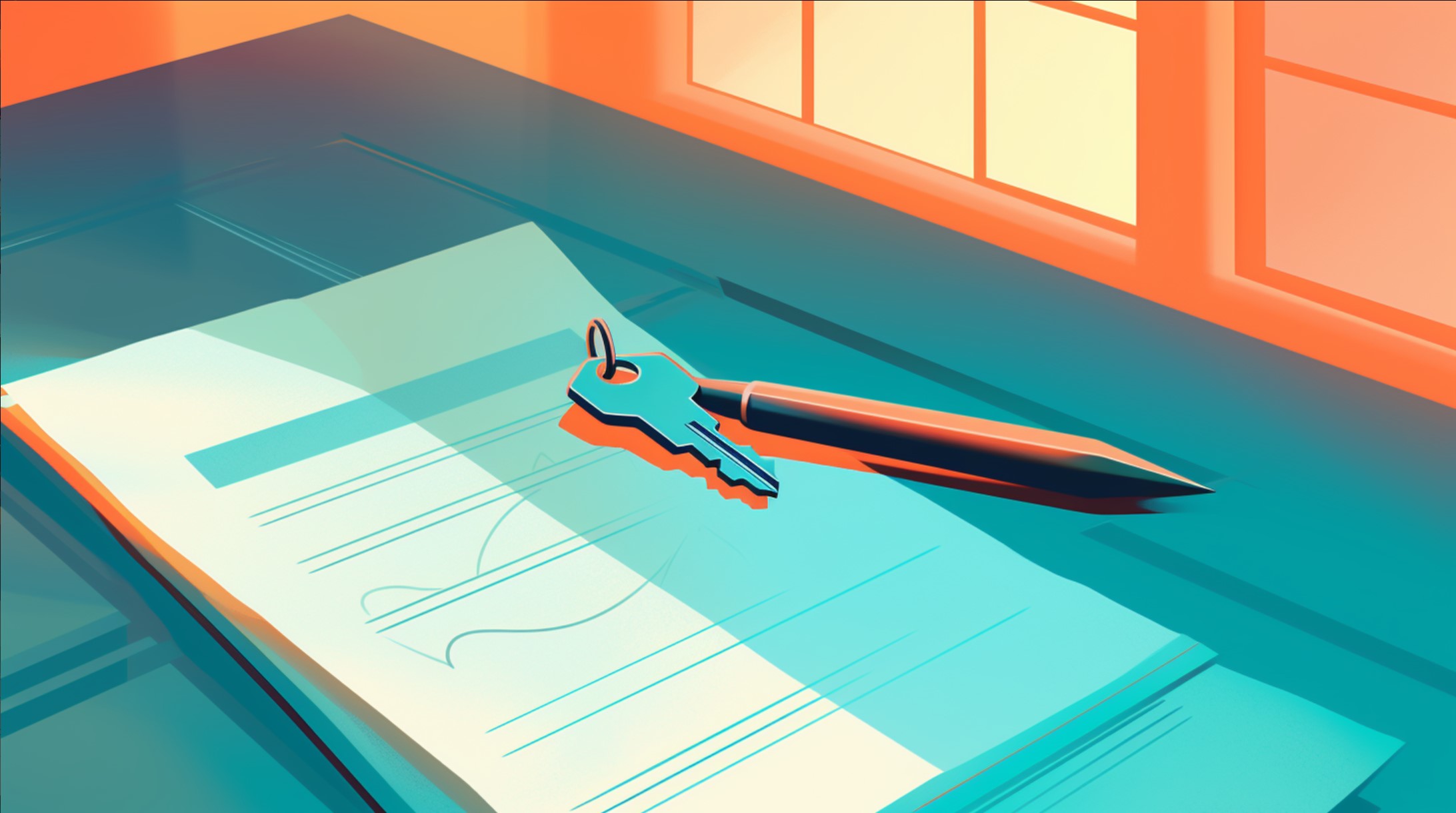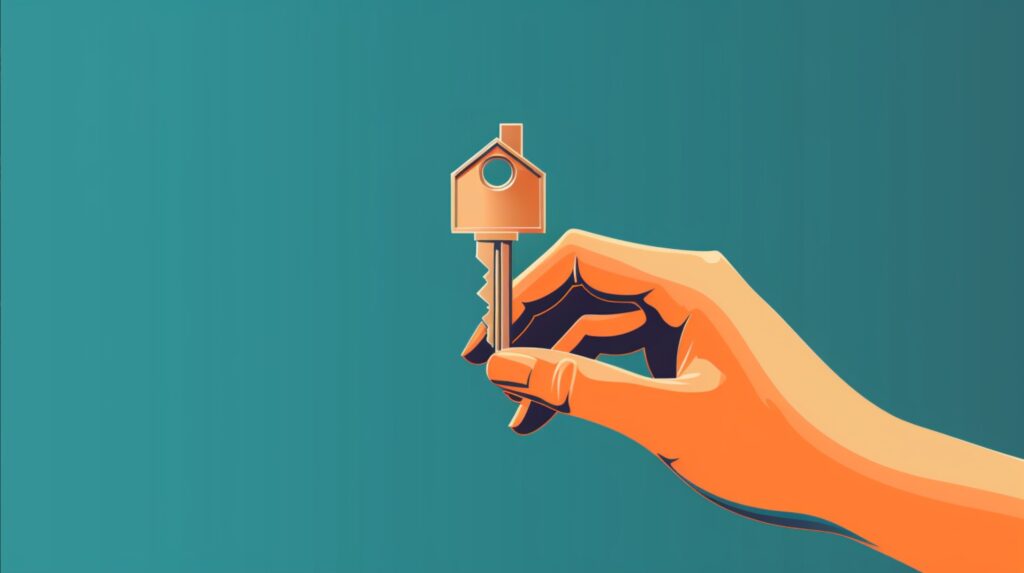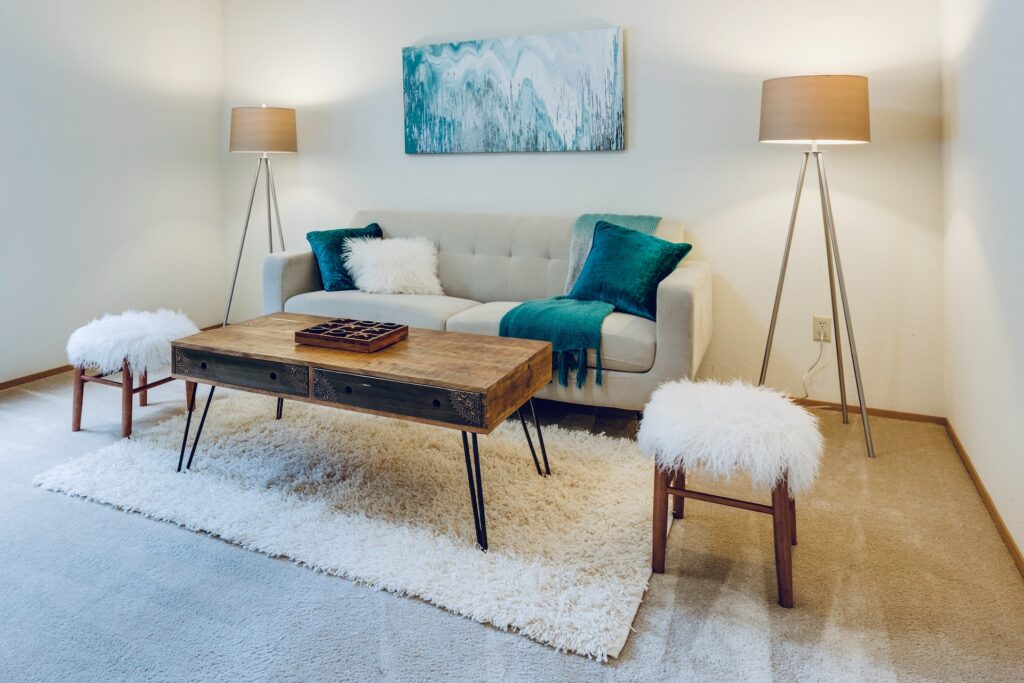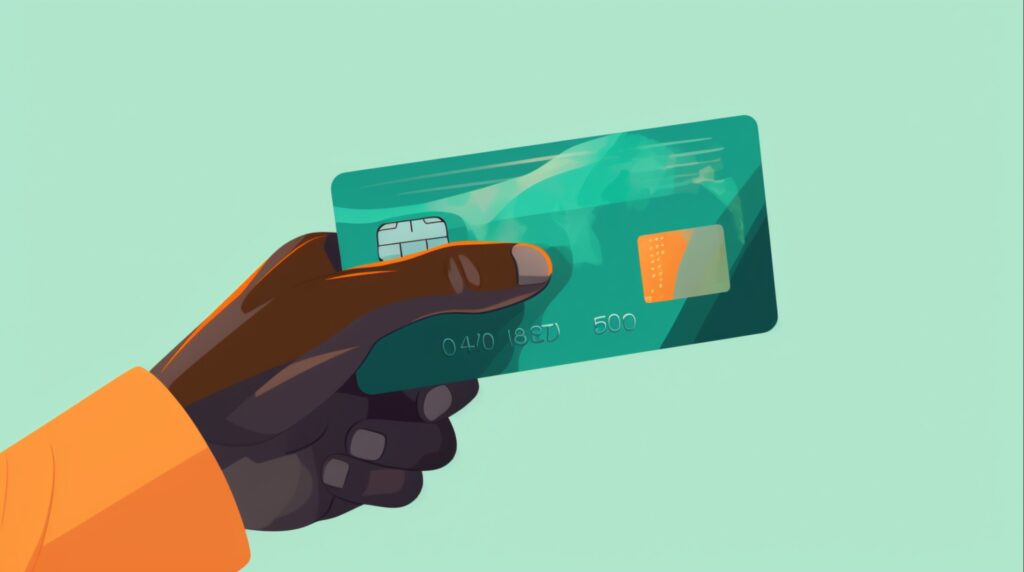
We are reader-supported. When you buy through links on our site, we may earn an affiliate commission.
Purchasing your first home is exciting and a bit daunting. Once you find the perfect place, you have to navigate the financial aspects of securing funding. The moves you make can cost you more if you aren’t informed about what’s available. We spent some time gathering a list of first-time homebuyer programs to get you started.
Some states also offer options and lenders may have additional help or information to see you get into your house and stop giving money to a landlord, instead paying for something you own.
Avoid the 20% Down Payment Rule
Traditionally, new homebuyers saved 20% of the cost of the home to put down when purchasing a house. The rising cost of property and somewhat stagnant wages makes saving 20% to buy a house out of reach for many. Imagine a modest $500,000 starter home in California and a young couple trying to save $100,000 to make an offer.
Luckily, you can still get into a home without 20% down with many of these programs. Some offer a lower amount down or no down payment at all. By the time you live in your new home for a few years, build up equity and are ready to sell, you’ll have enough to afford a down payment on your next place.
Here are some first-time homeowner programs to look into that could help you finally get the home of your dreams.
1. HomeReady
HomeReady offers 3% down loans backed by Fannie Mae. You have to qualify within certain income ranges for low and moderate incomes. You will need a credit score of 620 or higher to qualify. One thing you can do is work now on improving your credit rating to prepare for HomeReady. A new benefit also offers a $2,500 credit for low-income buyers to help cover the down payment and closing costs.
HomeReady may be the right program for you if you don’t make a lot of money yet but you are in good shape with your credit and debt to income ratio.

2. Home Possible
Home Possible is the Freddie Mac side of the equation and similar to HomeReady in many ways. You’ll still need a 3% down payment and a credit score of 660 or higher. However, you’ll be able to make a little more and still qualify. Those who borrow via Home Possible need to go through a homeownership education course.
What’s different? You may qualify for non-traditional home types while others require HomeReady. The amount of acreage can also make a difference in which you qualify for. Home Possible does allow you to utilize bank statements to show non-traditional income, such as cash payments for a service business.
3. FHA
Federal Housing Administration (FHA) loans are probably the best-known option for a low down payment mortgage. Anyone can apply for an FHA loan. No limits exist on income levels but they do exist on how much you can borrow. The loans are backed by the federal government.
You can qualify with a credit score as low as 500, making these loans attractive to those without perfect finances. You can also put down 3.5% for the down payment. Private lenders offer the loans, but the federal government guarantees them.
They even offer reverse mortgages for seniors and loans for mobile and modular homes.

4. USDA Loans
The United States Department of Agriculture (USDA) stands behind mortgages that qualify for USDA status. The land must exist in a non-urban area, which the USDA offers an eligibility map for. While the map can be inaccurate at times, it will give you a good idea if the location could qualify.
USDA loans are zero-down lending. The USDA offers guaranteed loans through private lenders as well as direct loans. There may be fees when going through a mortgage company. You must have a minimum credit score of 640 and be a U.S. citizen or resident alien.
Requirements can be quite stringent for these loans. For example, you must share the income of every person who will live in the home and contribute, even if it is a temporary situation. Since the loans are for lower incomes, including wages from more than the primary buyer could knock you out of the loan.

5. VA Loans
People who are active military qualify for the Department of Veterans Affairs (VA) loans, which require no down payment and offer special concessions. The loans come in fixed and variable versions across 50 states. Borrowers must have a 580 or higher credit score. They are freed from the costs of mortgage insurance. The home must be their primary residence and cannot be a co-op or non-warrantable condo.
You’ll also pay limited closing costs. You must have had at least 90 days of active military service but National Guard members are eligible with 30 consecutive days of active duty.
Do You Qualify for Federal Housing Finance Agency’s First-Time Homebuyer Mortgage Rate Discount?
Rather than being subjected to what are known as micro-adjustments, first-time home buyers qualify for lower loan rates impacted by credit score and loan-to-value. By removing the micro-adjustments, lenders can offer rates a percentage point or two lower. You may qualify if you are a first-time buyer, use a conventional mortgage and have low to moderate income.
State Housing Authorities and Help With a Down Payment
Ask your lender for first-time homebuyer programs through your state. You may be able to cover part of your down payment with a second mortgage or other help. Each state offers different programs, so you’ll need to work with a real estate specialist to determine what’s available and if you qualify.
Get Creative for Your First Home
If you’re still unsure if you have the funds to buy a home, you may need to get creative. Ask family and friends to give you cash rather than products for your wedding, graduation or holidays. Sell anything you don’t need and throw the money at your down payment. Pick up a side gig delivering food in your spare time.
Some people take on a roommate to help cover the costs of the mortgage and other expenses and also give a friend or family member an inexpensive place to stay so they can save for their own home.
Be open to different types of mortgages and unusual ways to finance your first home. Once you own a house, you’ll begin building equity and subsequent loans may not be as complex. In the meantime, take advantage of first-time home buyer programs made for you.









